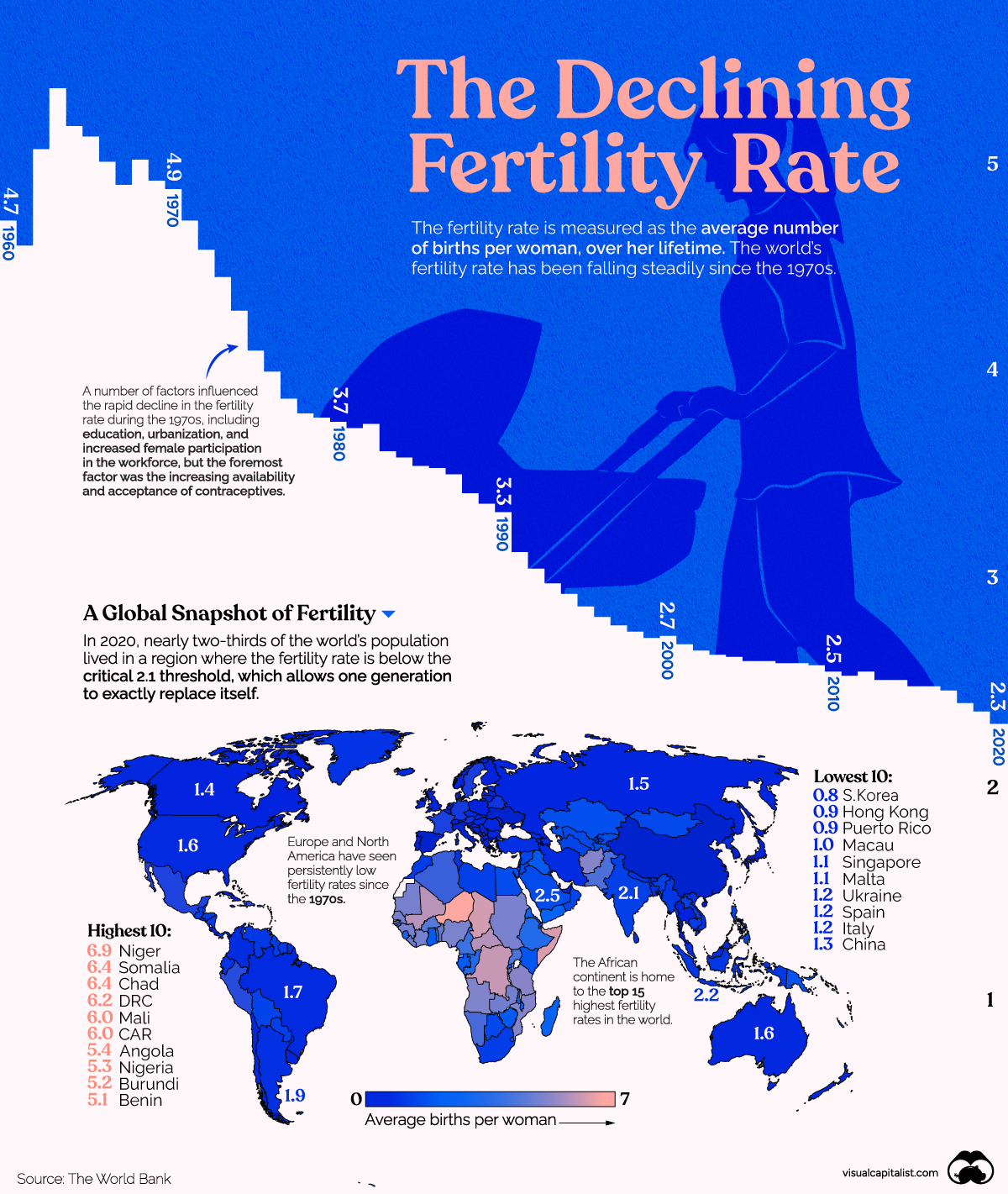The Nashville City Council is considering requiring that a certain percentage of units in new
residential developments be priced as affordable. The mandates would apply to multi-unit developments bigger than five units.
While this may sound good, lets think clearly about its effects: mandates reduce the profitability of new development. This will lead to less new development, or developers will substitute towards smaller developments, not subject to the mandate. In the former case, fewer new developments would be built; in the latter, lower-density development would take place. Either way, this represents a decrease in supply. A decrease in supply would increase price, exacerbating the very problem--expensive housing--that it was designed to ameliorate. (And don't forget that
density is green.)
Housing markets are also subject to what is known as "filtering," apartment rents tend to go down as the apartment building ages. So today's expensive housing is tomorrow's affordable housing. This implies that a reduction in the supply of expensive housing today, will reduce the supply of affordable housing tomorrow.
These kinds of zoning restrictions are popular because they drive the price of existing housing above replacement cost, benefiting Nashville's homeowners. But they come at the expense of renters and new residents. As the
Financial Times put it:
They are the ransom that renters and recent buyers must pay to existing homeowners – whose homes the rules protect – for use of an artificially limited stock of housing. So severe have those restrictions become that the value of the ransom runs into the trillions.
Wealth of this kind is far more destructive than the alleged sins of the top 1 per cent. It is wealth created not by improving our living standards but by making them worse; by building too few houses in London and San Francisco, not too many. It is not earned by skill or effort. It is taken directly from the pockets of some – the young, especially those who were born poor – and transferred to others via political regulations on building. This is not wealth, this is plunder.
The effects of affordable housing are similar to
price gouging laws that in Mississippi prevented generators from reaching the Gulf Coast after Katrina. Similarly, affordable housing mandates will prevent new housing from reaching Nashville. The market wants to help, so let it.
OK, if mandates won't do it, how do we increase the supply of affordable housing in Nashville? Here I think Nashville could learn something from New York. In New York, the affordable mandates are triggered only by a relaxation of zoning. For example, a developer buys up a block of houses and asks the planning commission to re-zone it for a multi-unit apartment complex. In exchange for the zoning change, the developer agrees to set aside some of the units for lower income tenants.
The crucial difference is that in NY, affordable mandates are triggered only by development that increases supply. In contrast, the proposed change in Nashville would reduce supply.
[REPOST from 2015]







